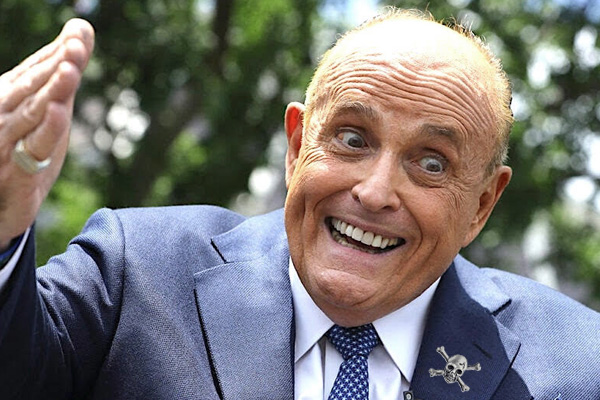THE CONSULTANT –
A LOOK BACK @AUGUST 5, 2018 – Two months after the news conference announcing the terms of the settlement, the Purdue executives flew to Abingdon for their sentencing hearing. The RAPP parents congregated there, too, marching outside the federal courthouse in the rain and clutching posters of their dead children. They took turns on the witness stand, trying to convey to the judge the depth of their losses and their ongoing grief, as well as their concern for an epidemic unleashed.
Lee Nuss, who’d even brought along a mini-urn containing some of her son’s ashes, shook it at the executives as she stepped down from the stand. “Illegal drug pushers get jail time, and so should you,” she told them. Years later she would end up becoming a foster mom, largely to the children of opioid-addicted parents, and even adopting one as her son.
She wanted the men to apologize, to admit that they had understood all along that OxyContin wasn’t a novel way of fighting pain but simply a different and more potent way of dispensing nature’s oldest drug. If the Sacklers’ lieutenants had legitimately not known about the flood of pills unleashed by sales reps toting around bad data and OxyContin beach hats 25 rungs down the corporate ladder from them, maybe it was because they had not cared to look.
Following the 2007 settlement, most of the parents were too worn out to fight Purdue any longer. “After Abingdon, most of us thought it was a moral victory, but the money [Purdue had to pay] was a joke,” Ed Bisch told me last year. “After so many years, I had to back off because it was destroying me. You get beaten down, and for your own health, you have to let it go.”
Bisch believes today, he wrote in an email, that if the Purdue executives had gotten jail time as part of the 2007 settlement, it would have “changed history and saved thousand[s] of lives.”



